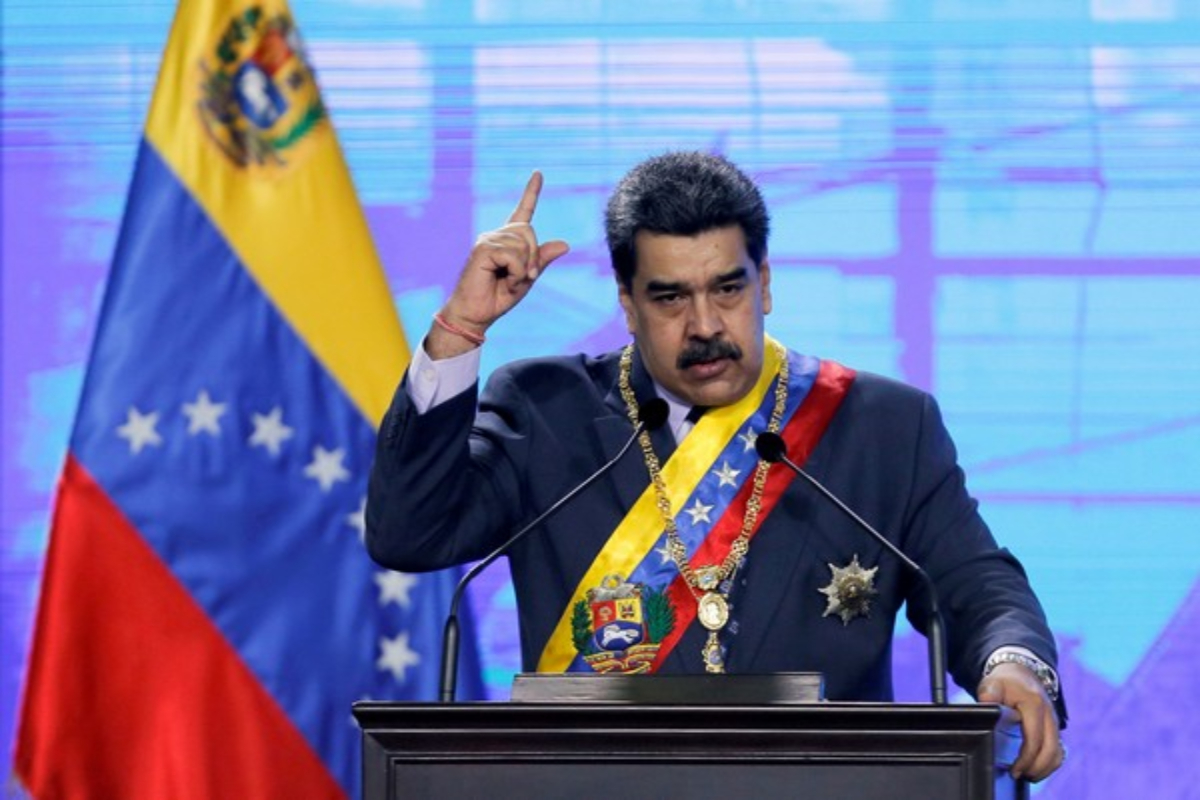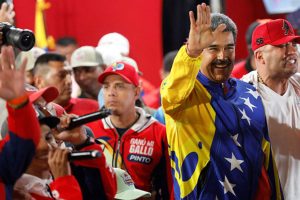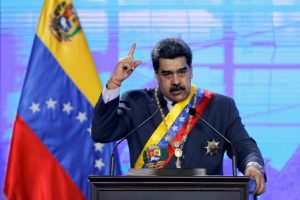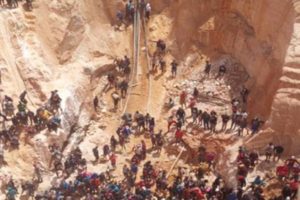Venezuelan President Nicolas Maduro was inaugurated for a third six-year term on Friday amid ongoing disputes over the July election results. Maduro’s opponent, Edmundo Gonzalez, accused him of voter fraud and declared himself the legitimate winner, a claim supported by the United States and other nations, as reported by Al Jazeera.
Despite international pressure and sanctions led by the U.S., which has recognised Gonzalez as Venezuela’s “president-elect,” Maduro began his term vowing to bring “peace, prosperity, equality, and a new democracy” to the country. “I swear on history, on my life, and I will fulfil my mandate,” Maduro declared during the swearing-in ceremony.
The inauguration followed a day of protests led by opposition leader Maria Corina Machado, whose team claimed she was briefly detained during the demonstrations. Upon her release, Machado vowed to continue challenging Maduro’s rule.
Maduro, who assumed power in 2013 following Hugo Chavez’s death, has faced criticism for authoritarianism and for steering Venezuela through prolonged political and economic crises. The recent election added to his controversial record, with accusations of irregularities. While Maduro claimed to have won with 51% of the vote, electoral authorities did not release detailed results, sparking concerns about transparency.
Opposition groups, including Gonzalez’s campaign, published their own tally sheets, alleging a significant victory for Gonzalez. Protests erupted after Maduro’s victory announcement, with reports of government crackdowns resulting in 25 deaths and over 2,000 arrests.
The United States, along with several Western nations, has condemned the election and Maduro’s inauguration. U.S. President Joe Biden met with Gonzalez earlier this week to discuss the situation and expressed deep concern over Maduro’s repression of political dissent.
In a statement, the White House described Maduro’s swearing-in as a “desperate attempt to seize power.” The U.S. also raised its reward for information leading to Maduro’s arrest from $15 million to $25 million and imposed sanctions on eight Maduro allies, including Hector Andres Obregon, head of the state-owned oil company, Petroleos de Venezuela.
Meanwhile, Gonzalez, who fled Venezuela and sought asylum in Spain, continues to rally international support.
Maduro’s government has accused opposition leaders of conspiring with foreign powers to overthrow him. Following the election, an arrest warrant was issued for Gonzalez, who has called for further international pressure against Maduro.
Venezuela continues to grapple with severe economic hardships, exacerbated by international sanctions. The crisis has prompted nearly 7.7 million Venezuelans to leave the country, citing political repression and deteriorating living conditions.
Despite the contentious political landscape, Maduro remains in power, promising reforms while facing widespread criticism and ongoing international scrutiny.





